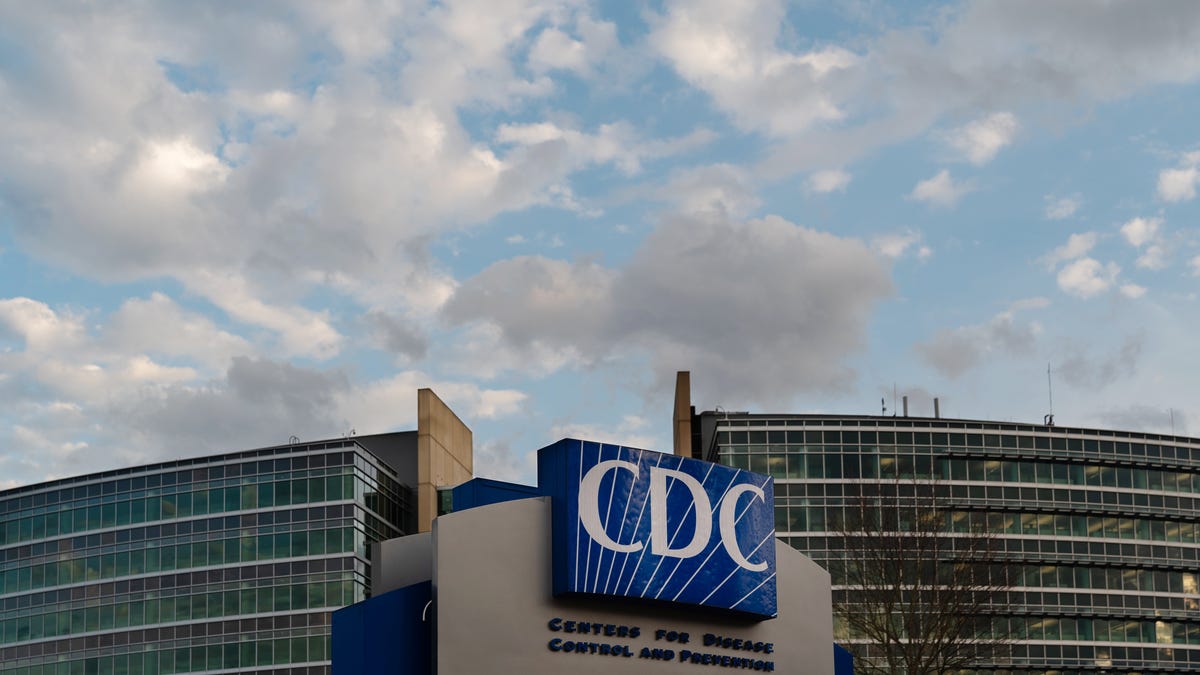CDC Grants More Than $3 Billion to Health Departments Across US
Fissures in public health systems, including a shortage of health care workers, have been broken open by the pandemic.

The US Centers for Disease Control and Prevention is dispersing $3.2 billion to state and local health departments to strengthen public health initiatives, the agency said Tuesday. Everyone in the US lives in a jurisdiction that'll receive funding, the CDC said.
Citing the stress put on local health departments by the COVID-19 pandemic, CDC Director Dr. Rochelle Walensky said the money will give the smaller agencies the "critical funding and flexibility to build and reinforce the nation's public health workforce and infrastructure."
"We are meeting them where they are and trusting them to know what works best for their communities," Walensky said in a press release.
Of the $3.2 billion being granted by the CDC, $3 billion was included from the American Rescue Plan, announced by President Joe Biden's administration in May 2021. The main goals or strategy of the grant program, as laid out by the CDC, are to:
- Recruit and train public health workers, increasing diversity among health workers and increasing the overall size of the workforce, which has taken a big blow in recent years.
- Strengthen the foundation of public health systems by improving organization and processes.
- Create a more efficient data infrastructure, including data sharing, and increase the availability and use of public health data.
Recipients of $3.14 billion of the grant include 107 health departments throughout the US, in eight freely associated states or territories and in 48 large localities (cities or counties with a high population). Three national organizations -- including the Association of State and Territorial Health Officials, the National Network of Public Health Institutes and the Public Health Accreditation Board -- will receive the remaining $65 million.
There's a critical shortage of health care workers in the US. Much of the money is meant for recruiting and training health professionals on the public health front lines, including epidemiologists, contact tracers, data analysts and community health workers.
Depending on "future appropriations," the CDC said, it expects to reward millions more dollars over the five-year grant period.
Why local health departments are important
The CDC has faced criticism throughout the COVID-19 pandemic, in part for its sometimes lagging data on health information, and also for the lack of clarity around the reasons for its shifting guidance. In August, Walensky said an overhaul of the CDC was needed, including improved response times to emergencies and easier-to-understand health recommendations. But parts of the CDC's system for monitoring safety and effectiveness have been ignored or misinterpreted by the public, such as the CDC's Vaccine Adverse Event Reporting System, which has been used as a major source of misinformation on the COVID vaccines.
A Pew Research survey from early 2022 found that public trust in medical experts or scientists had dipped below pre-pandemic levels -- declining along with trust in other groups that serve the public, elected and nonelected. A 2021 poll from the Harvard T. H. Chan School of Public Health found that while 72% of Americans think the actions of public health agencies are "extremely or very important to the health of the nation," they trust doctors, nurses and health care workers more than institutions or agencies.
Local health departments play a large role in community health, including responding to infectious diseases like COVID, but also providing preventative care like discounted or free blood tests or screenings. The health care workers at state or local departments are also often in a better position to answer patients' questions and help them work within the specific social determinants of health they may come up against when getting adequate health care. For this reason, they may also provide trusted voices on health topics.
But though the CDC's funding is a large investment in public health, smaller grassroots organizations that work within communities may still be lacking the necessary funds to provide good health care.
"A lot of times, the funding streams have names that say 'community,' 'community-based organizations' or 'community health workers,' but the funding often goes to states and doesn't end up helping at a grass-roots level," Denise Smith, executive director of the National Association of Community Health Workers, told CNN in a report on the public health funds.
The CDC has said that it values the important contribution made by local grassroots groups and that in the past, state and local health departments have sub-awarded CDC funding to such groups, as reported by CNN.
The CDC didn't immediately respond to CNET for additional comment outside of normal business hours.

